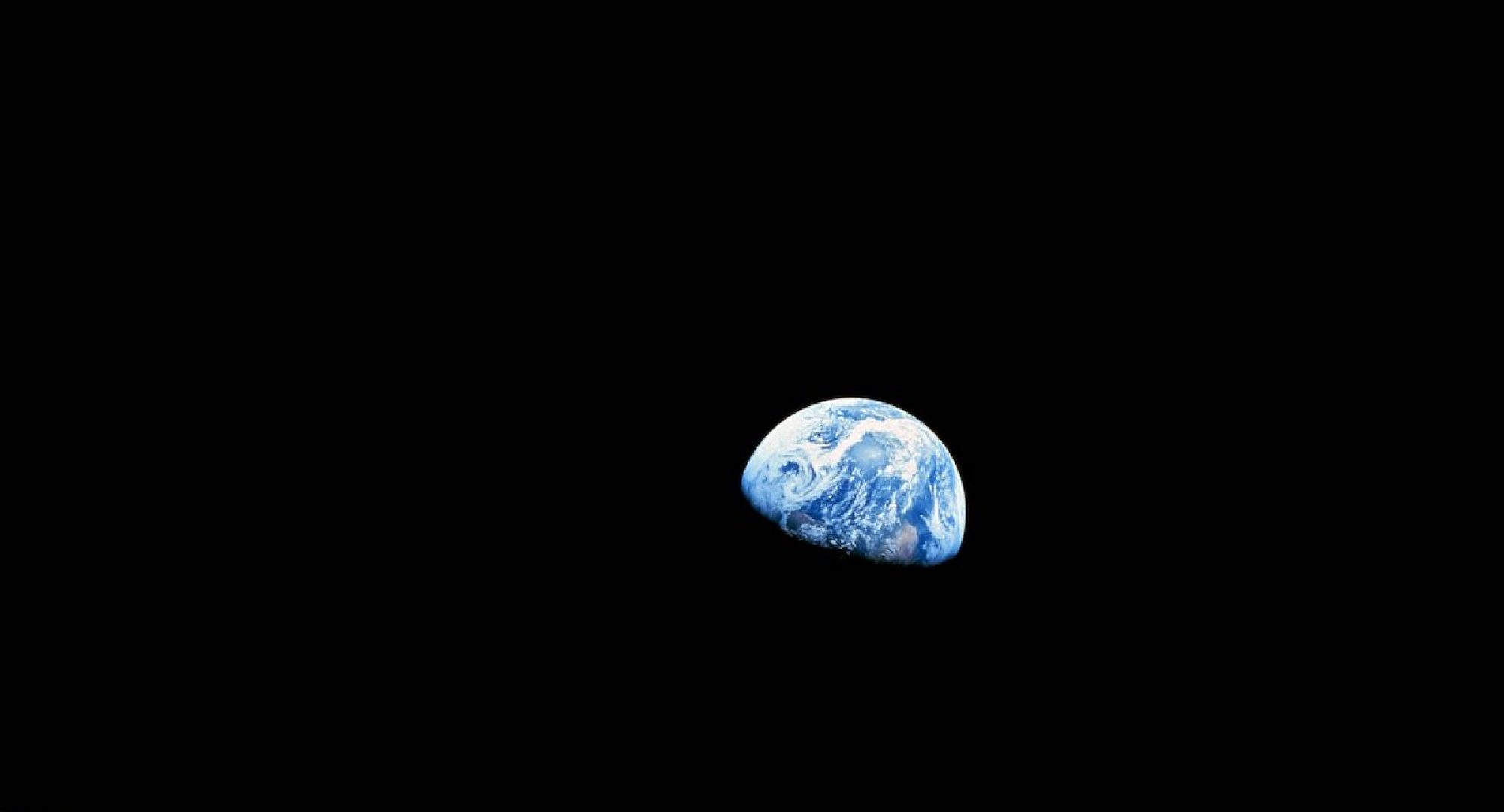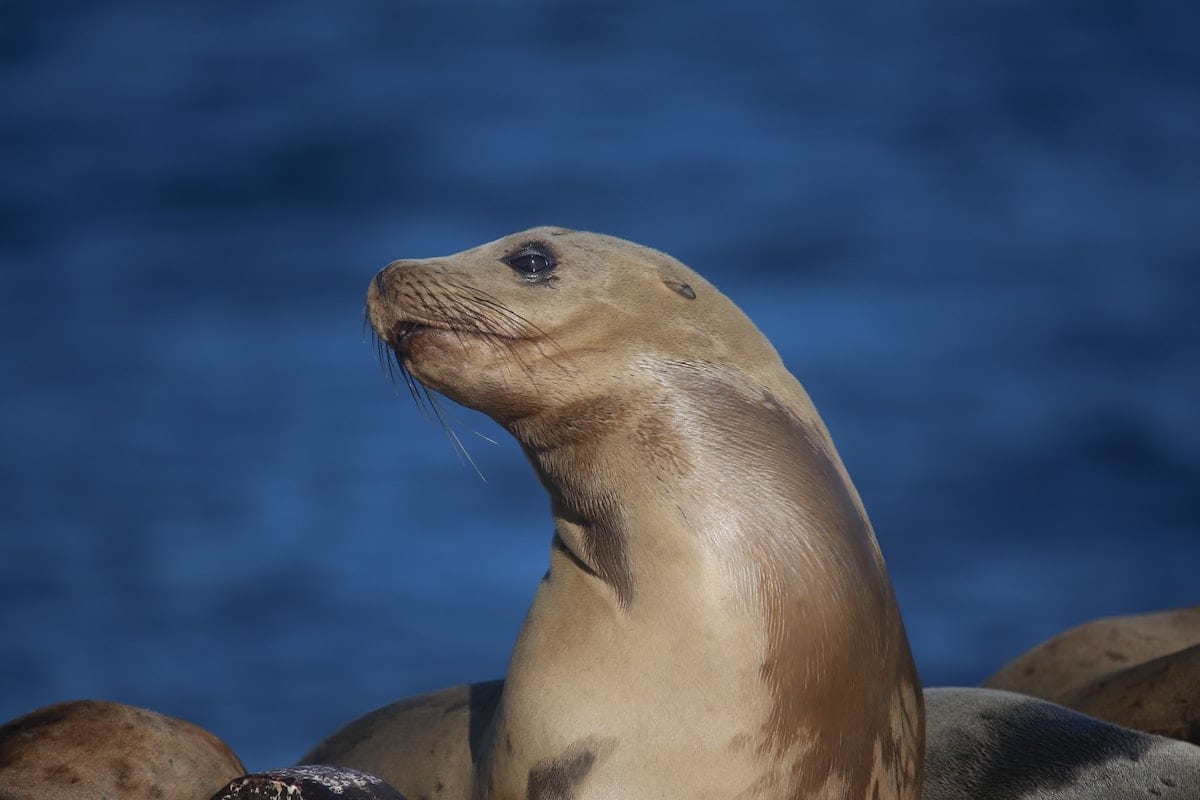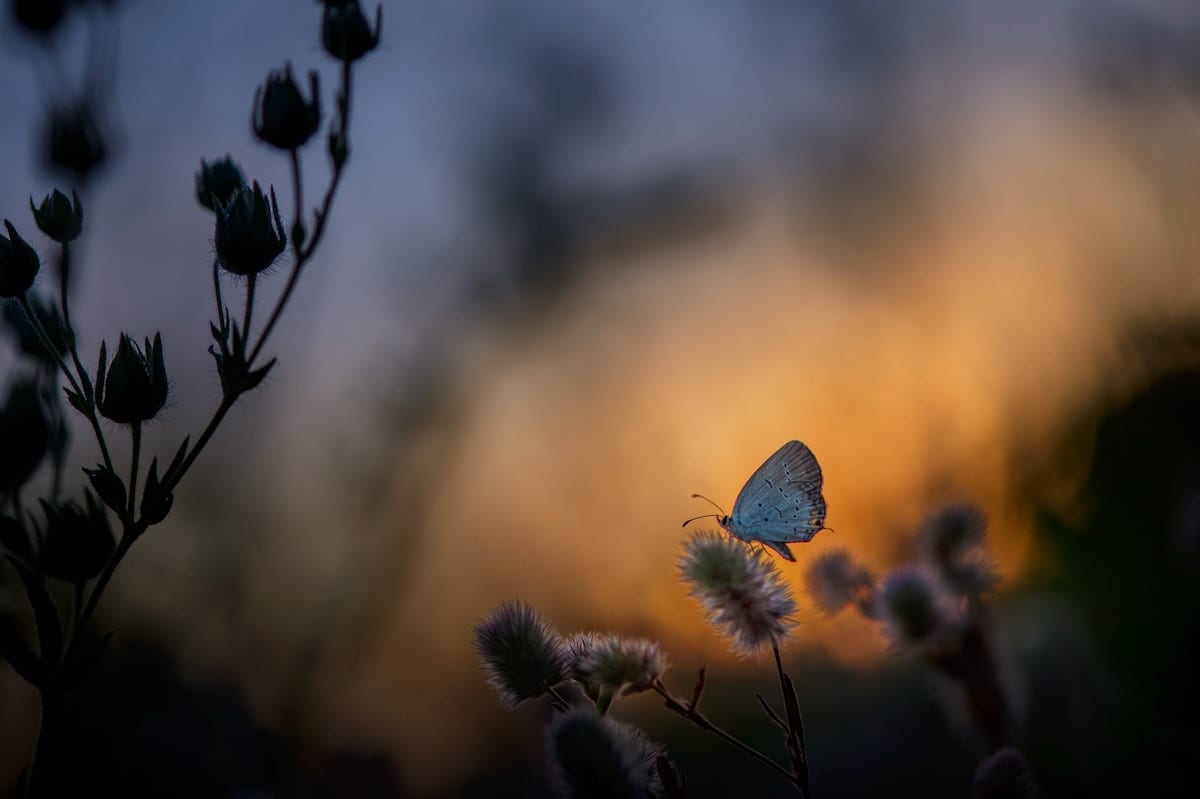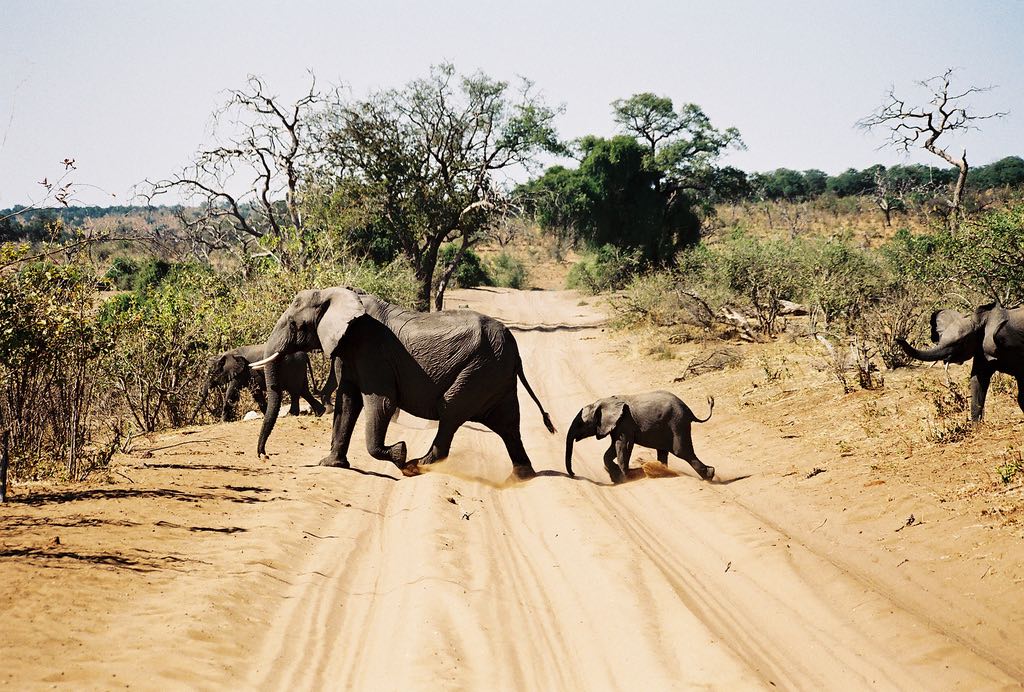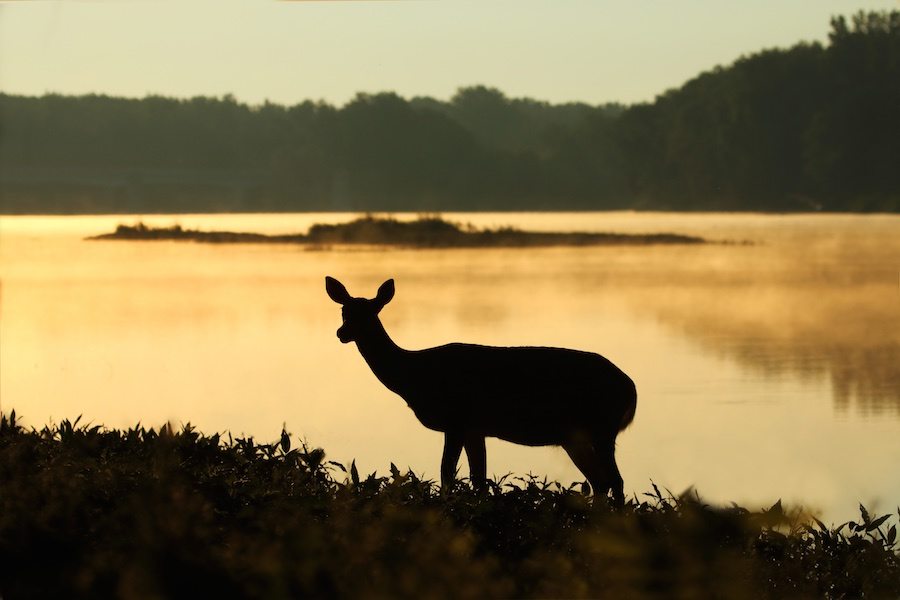As the Trump administration winds down, the environmental rollbacks continue and even seem to increase. The air, water, soil, human health, and animals are not exempt. What matters most to the people running the federal agencies charged with protecting the environment is industry, namely the fossil fuel industries. Interior Secretary David Bernhardt worked as an oil lobbyist. Many of his decisions serve as handouts to his former clients or others in the industry.
Ignoring the Marine Mammal Protection Act
Environmental groups continue to fight for environmental protection. The Center for Biological Diversity sent a notice of intent to sue to the Interior Department and U.S. Fish and Wildlife Service for not updating population analyses for polar bears, walruses, sea otters, and manatees, as required by the Marine Mammal Protection Act (MMPA). The notice letter asks for immediate updates for expired stock assessments of polar bears, Pacific walruses, three stocks of northern sea otters in Alaska, the southern sea otter stock in California, and two stocks of West Indian manatees around Florida and Puerto Rico.
The MMPA requires the FWS to do stock assessment reports for all marine mammals within its jurisdiction, and that includes polar bears, sea otters, walruses, and manatees. Some of the stock assessments have not been updated in over a decade. Stock assessments are key to managing marine mammal populations. With them, threats to marine mammals are analyzed and guide management actions for industries, including commercial fisheries and oil and gas. Failure to update stock assessments harms the very animals the FWS serves to protect.
“It’s no accident this administration refuses to update stock assessments for polar bears and other species highly vulnerable to oil spills. Trump is again ignoring his legal obligations as a favor to Big Oil,” said Lalli Venkatakrishnan, an attorney with the Center for Biological Diversity. “This is about good science. The feds must know how marine mammal populations are doing before allowing any harm to these animals from oil and gas activity and other threats.”
Opening the Arctic National Wildlife Refuge up to the oil industry
The notice comes as the Trump administration rushes oil leases in the Arctic National Wildlife Refuge. The Trump administration takes handouts to the oil industry to a new level, making the George W. Bush administration look like one that protected the environment. Recently, the Trump administration issued a “request for nominations” to oil companies, asking them to identify their preferential areas in the Arctic National Wildlife Refuge’s coastal plain to lease for oil drilling.
The Arctic Refuge is considered sacred land to indigenous groups. “The Arctic National Wildlife Refuge is sacred land that sustains not just the Gwich’in and Iñupiat Peoples but is one of the last untouched ecosystems in the world,” said the director of Sovereign Iñupiat for a Living Arctic (SILA), Siqiñiq Maupin, in a statement.
Five of the six major U.S. banks (Goldman Sachs, JPMorgan Chase, Citigroup, Morgan Stanley, and Wells Fargo) have announced that they will not fund any new oil and gas development in the Arctic Refuge. President-elect Biden stated he will make permanent protection for the Arctic Refuge and other federal areas impacted by the Trump administration’s policies a day one priority. In other words, expect Biden to issue executive actions regarding federal lands.
